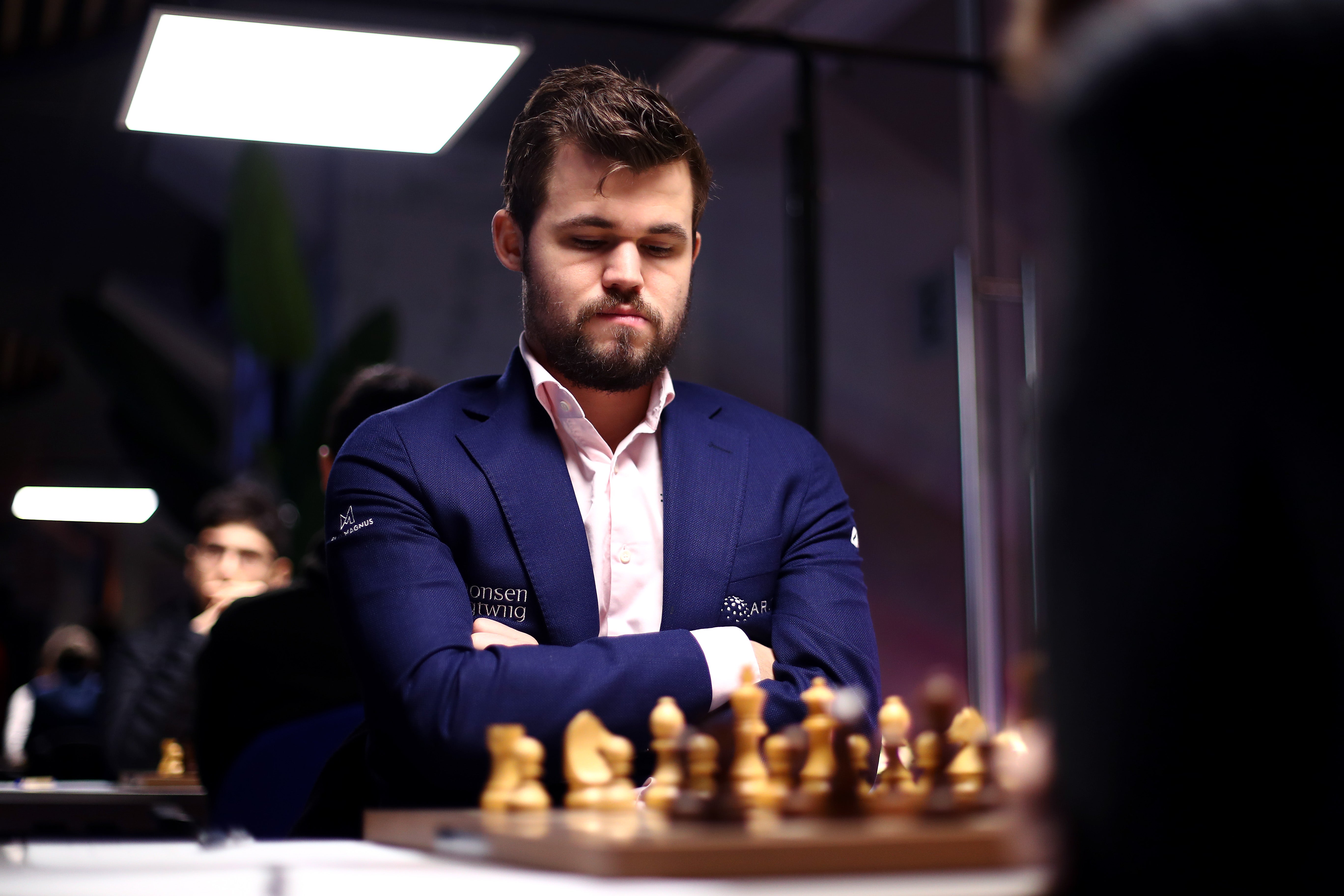Why Chess players play worse in cities
A study in Netherlands analysed 30,000 chess moves by 121 players in varying conditions of air quality

Chess players perform worse in cities and urban areas where air pollution is high, a study has found.
Research carried out by the Maastricht University School of Business and Economics in Netherlands used chess engine Stockfish to analyse moves while monitoring levels of air quality. It found that a small increase in fine particulate matter in the air increased the likelihood of error by 2.1%, and the severity of those errors rose 10.8%.
The study, published in the journal of Management Science, analysed 30,000 moves by 121 players through three tournaments in Germany in 2017, 2018 and 2019, which each lasted two months.
“We find that when individuals are exposed to higher levels of air pollution, they make more mistakes, and they make larger mistakes,” study co-author Juan Palacios said. “We find it interesting that those mistakes especially occur in the phase of the game where players are facing time pressure.
“When these players do not have the ability to compensate [for] lower cognitive performance with greater deliberation, is where we are observing the largest impacts.”
He added: “It’s pure random exposure to air pollution that is driving these people’s performance. Against comparable opponents in the same tournament round, being exposed to different levels of air quality makes a difference for move quality and decision quality.”
The authors warned that the implications could be far-reaching, particularly for “high-skilled office workers”.
“There are more and more papers showing that there is a cost with air pollution, and there is a cost for more and more people,” Palacios said. “It’s not like you have to live next to a power plant. You can live miles away and be affected.
“The idea is to provide accurate estimates to policymakers who are making difficult decisions about cleaning up the environment.”
Join our commenting forum
Join thought-provoking conversations, follow other Independent readers and see their replies
Comments